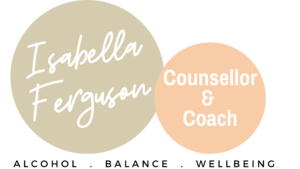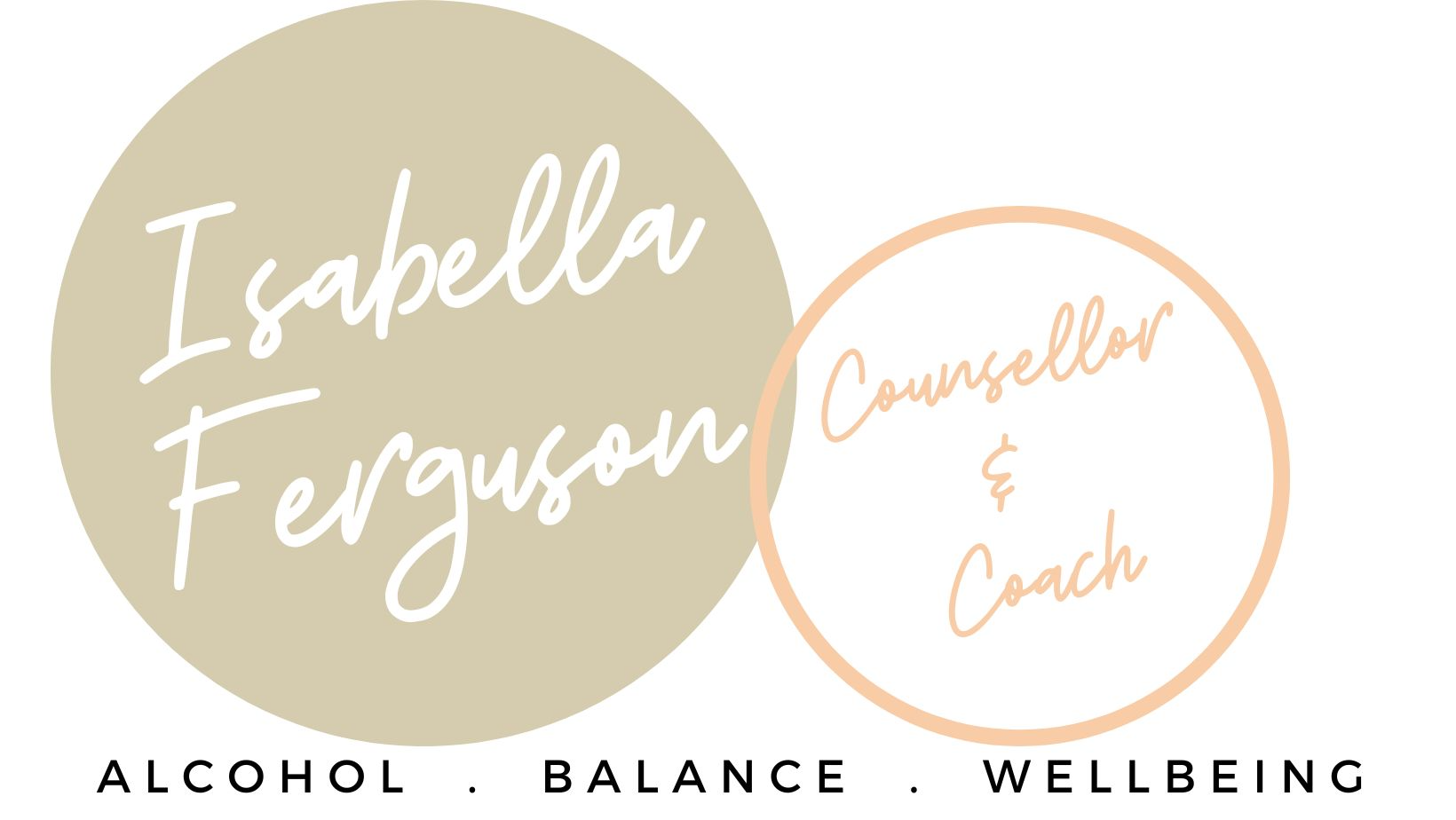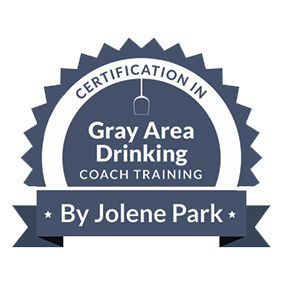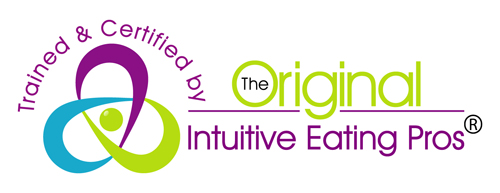Alcohol Free or Alcohol Minimal Holidays
Does the image of a cocktail or the sound of clinking champagne glasses sneak into your mind when you are dreaming about your perfect holiday escape?
Or have you managed to detach alcohol from your holidays to the extent that you only yearn for warm weather, beaches, sunset, good food and laughter?
If this is not you yet, you might feel anxious about holidays, about how you can possibly stick to your goals to drink less but still have fun.
Alcohol has been so heavily marketed as an essential contributor to all forms of celebration. No wonder it can be a struggle to mentally seperate alcohol from holidays, the business lounge, sunsets and relaxation. However, with time, and with a few practical tips put in place to help you get there, you too can free yourself from associating alcohol with holidays.
So, let’s talk about how to begin doing this.
1. Acknowledge the origins of this limiting belief
You weren’t born needing alcohol to enjoy holidays. Once upon a time you were content to simply show up as you are. Over time, observing advertisements, movies, your parents, your friends and slowly integrating drinking into your life to socialise and celebrate, you started believing that holidays = drinking alcohol. Can you take comfort in the knowledge that your association between holidays and alcohol is derived from decades of mis-information that can, with a bit of work, be undone?
2. New adventures. New evidence. New belief.
Changing your belief system around alcohol involves presenting yourself / your subconscious / your nervous system with new evidence that you can holiday without alcohol (or less of it) and do it well! When was the last time you holidayed alcohol-free (or alcohol-minimal)? Perhaps a while ago! So, go easy on yourself. The first few holidays will be harder than the remainder. You might think about alcohol more than you would like and feel anxious at times, but this pain is for gain down the track. Your brain and body will relax into the new normal once it feels safe out and about without its usual safety blanket. In fact, you will quickly revert back to your original belief that you are healthier and happier holidaying without drinking, once you start to feel the benefits of waking up with energy hangover and hangxiety-free. With this comes a new version of what holidaying looks and feels like. Perhaps it’s less late crazy nights and more energy and healthier glowing skin?
3. Visualise Your Happiest Holiday Alcohol-Free
Visualise the happiest and healthiest version of yourself on your forthcoming holiday in detail saying no to alcohol at the airport, drinking an alcohol-free substitute, exercising, eating well, laughing, getting up earlier, adventuring and, importantly, returning home feeling content and proud. Better yet, you won’t need a holiday after your holiday in order to recover from drinking too much! This technique, aka, Playing the Tape Forward, is an effective tool. It aids to embed your commitment into your future self, building confidence and reducing anxiety when the holiday rolls around. Best to journal this visualisation in detail a few days in advance of your trip.
4. Craft a Gameplan
- Focus energy and action into the first half of the day, allowing for adventures, hikes, new activities that keep you stimulated and which also support early dinners and nights
- Phone ahead or research your destination and create a list of new activities you would like to tackle so as to source your dopamine from novel multiple things rather than alcohol
- Strategise your risk window (5pm – 8pm) in a way that prioritises your alcohol free goals and takes discretion out of your drinking choices. Some ideas: evening walks, alcohol-free options, emphasis on good food and connection, massages, hit the gym, cooking classes
- Tap into resources to boost your motivation: Podcasts, books, support groups (my support squad?), journalling. Bring these along with you
- Celebrate each morning that you wake up hangover-free!
5. Try my Free 7-Day Healthy Holiday Helper Email Sequence
If you would like additional motivation this holiday, sign up to my Free 7-Day Healthy Holiday Helper Email Sequence using this link. You’ll be sent daily emails over a 7-day period each containing a motivational quote, a journaling prompt, a suggested podcast episode from the day and the opportunity to join the Support Squad (my private Facebook group) to gain extra support over your holiday. The first email will be a welcome email sent on the day you sign up. Your Day 1 email will be sent the next day at 6am.
I hope you found this information valuable. Please reach out if you have any questions.






